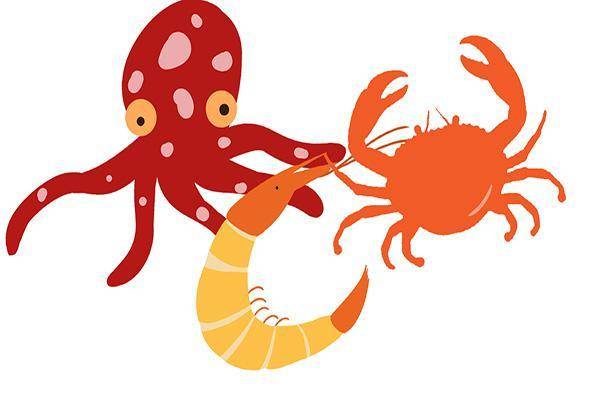Believe many people have heard this term, when the body is uncomfortable, elders will advise you not to eat some of your favorite foods, saying not to eat “hair-trigger” foods. But many people may not know what exactly are hair-trigger foods? Why shouldn’t you eat them? Let’s understand together, after reading, you may know how to eat.
What exactly are hair-trigger foods?
In modern medicine, there is no concept of hair-trigger. It originally came from traditional medicine and folk customs as a summary of “avoidance of certain foods”, different problems require avoiding different foods. Here we understand hair-trigger as aiding hair growth, and the following types of foods need attention.
Foods that cause heat, such as onions, ginger, garlic, leeks, lamb, and other spicy hot foods, are like adding fuel to fire for people with a hot constitution or those prone to getting hot frequently – it only exacerbates the internal heat, making one more uncomfortable. However, for those with a cold constitution, appropriate consumption of these foods can be beneficial as they help dispel cold.
For those with very sensitive skin or allergies, foods like mangoes, various seafood, etc., may trigger allergic reactions, causing itchy and red skin, leading to skin issues, so they are not advisable to eat. Light-sensitive foods like fennel, cilantro should also be consumed less by such individuals to avoid adverse reactions.
Foods like legumes, potatoes, coix seed, taro, and lotus seeds can easily cause stagnation of vital energy, hindering smooth flow, leading to qi stagnation. This is particularly true for those with weak spleen and stomach; consuming these foods may cause bloating and digestive discomfort.
For individuals with high uric acid levels, it is advisable to reduce the intake of high-purine foods like soy products, seafood, etc.; those with high blood sugar levels should control the intake of starchy foods and sugars.
Consuming foods that aid hair growth when experiencing certain discomfort may slow down the body’s recovery, worsen the situation, and lead to bigger issues. During such times, it is advisable to avoid such foods and opt for light, easily digestible foods to speed up recovery. No food is absolute; avoiding specific foods during a particular period may worsen your discomfort, but these same foods may have nourishing benefits for others. For example, for individuals not allergic to seafood, consuming them in moderation can provide protein and various trace elements.
Moreover, the quantity of food, cooking methods, and timing of intake all have different effects on one’s health. Deciding whether to eat a certain food solely based on whether it aids hair growth seems overly simplistic and crude. Many foods themselves aren’t wrong; it’s the inappropriate consumption that causes issues.
Conclusion: The hair-trigger foods mentioned by the older generation probably fall into the above categories. During times of discomfort, it’s best to avoid consuming them to aid a quicker recovery. However, healthy individuals need not overly fear hair-trigger foods; we should not blindly avoid them but rather consider our own circumstances before deciding whether to consume them.


